Manufacturing in the Asia Pacific Region (APAC) has undergone a rapid evolution over the last few decades, and sourcing manufacturing in Vietnam is becoming more and more competitive and attractive, especially in light of recent tariffs on imports from China. While China led the way in the region in adopting limited capitalism, in recent years Vietnam has been very aggressive in developing Vietnamese industry and trade capabilities. Of course, this involved bold steps in moving the country from a planned economy to a market economy.
After the end of the U.S. trade embargo with Vietnam in 1994, Vietnam began the creation of development zones to foster trade. These are Industrial Zones (IZs), specializing in manufacturing industrial products; Economic Zones (EZs) encouraging investment in economically challenged areas of Vietnam; Export Processing Zones(EPZs), which are Industrial Zones focusing on manufacturing for export; and High Tech Zones (HTZs) specializing in High-Technology manufacturing in Vietnam.
Vietnam is further divided into Key Economic Zones (KEZs) in the North, including Hanoi; central region, including Da Nang; and South, including Ho Chi Minh City. The nature of your product will play a large role in where it is manufactured.
In 2007 Vietnam joined the World Trade Organization(WTO) after ten years of negotiation. While a Socialist republic under the leadership of its Communist Party, Vietnam rivals Singapore in signed bilateral and multilateral Free Trade Agreements (some 17 at this writing), placing it among the top in Southeast Asia trade.
While all this is encouraging, China still has a leg up over much of its competition in APAC. China’s workforce is more expensive, relatively speaking, but it is also more experienced. This is definitely a factor in quality assurance. China’s indigenous raw materials and infrastructure improvements are significant positive factors in supply chain concerns. At present, scalability can also be a problem in Vietnam: China simply offers more options.
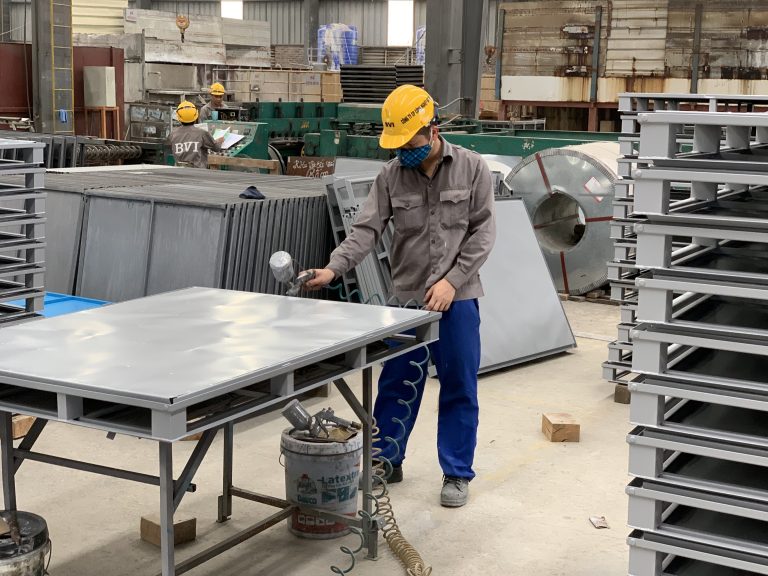
To encourage business, Vietnam has shed bureaucratic regulations and other impediments to business. That said, it still has some work to do in reducing import tariffs, but again it has made tremendous strides in weening itself off such practices since January of 2018. Vietnam continues to rise economic ratings. In the World Bank’s Ease of Doing Business Index for 2019, Vietnam ranks 69th out of 190 economies, and it has risen to 55 out of 137 countries in the World Economic Forum’s Competitive Index.
Vietnam is taking what seems to be a cautionary approach to the China Belt Road Initiative(BRI) discussed in other blogs . See “Asia Pacific (APAC) Options (http://avela.com/asia-pacific-apac-options/) and “Sourcing Options: Cambodia” (http://avela.com/sourcing-options-cambodia/).
This is interesting due to Vietnam’s strategic position regarding the Mekong River, a key waterway for the BRI Linking Cambodia, Laos and Thailand with Vietnam. A source of contention exists over the BRI water route, sometimes called the Maritime Silk Road as it passes through the South China Sea, called the East Sea in Vietnam. This is seen as a security issue in Vietnam. The two countries seem to be working to resolve this and other differences and time will tell how successful they are.
Avela Corporation has been building relationships in the Asia Pacific Region since 2002. With offices in Houston and Shanghai, we find and vet capable and reliable sources for manufacturing and services in APAC, and act as our clients’ boots on the ground providing quality assurance, logistics and other services throughout the manufacturing process.
With the present shifting the trade landscape, this may be the ideal time to review and reconsider your offshore manufacturing options. The Asia Pacific region has become very competitive as the concept of market economies has taken hold. Contact Avela to see how we can help you source the manufacturing of your product in the Asia Pacific.

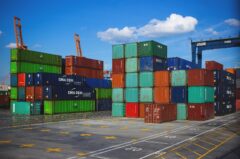

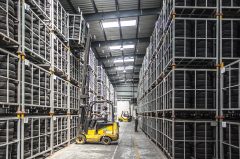

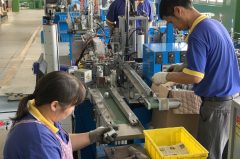
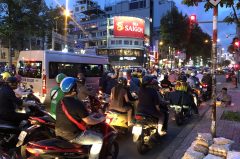
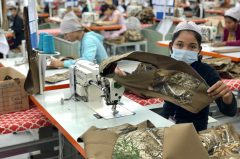

Leave a Reply